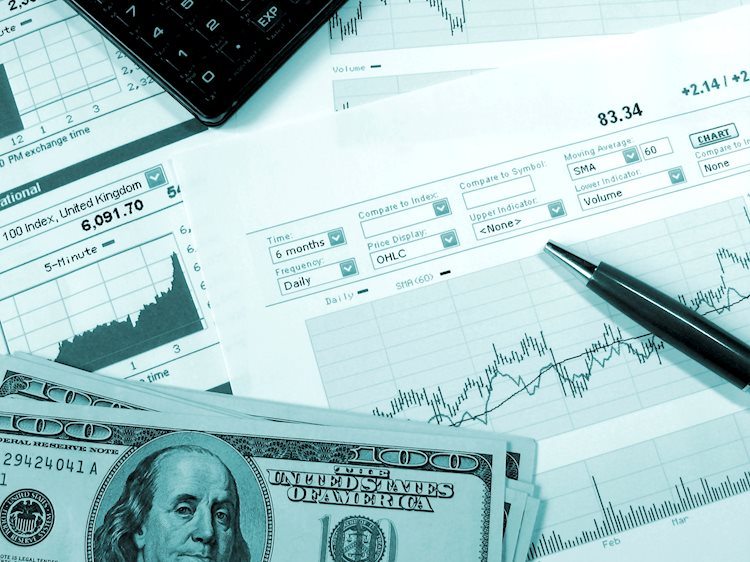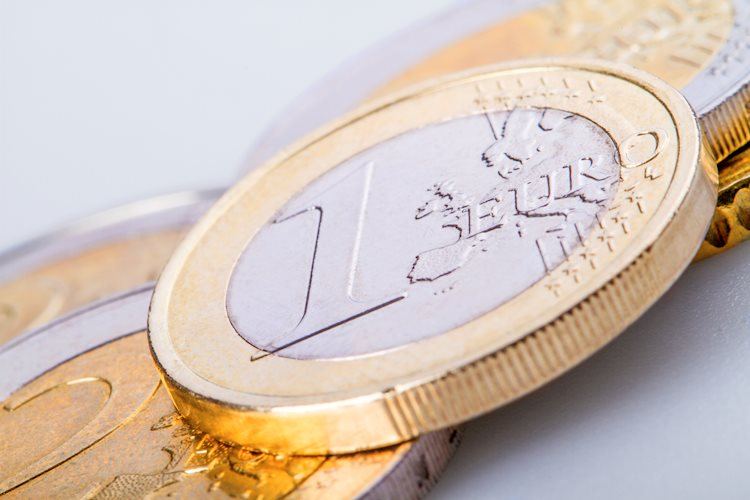By David Westenhaver
The US dollar has been the “king of currencies” worldwide for 75 years. Although inflation-shocked Americans don’t realize it, its purchasing power remains greater against other major currencies – a boon for Americans, albeit at a cost.
Inflation is eroding the value of the euro, yen and pound at a faster rate than it is hurting the dollar. According to the index that measures the dollar against these three currencies as well as the Canadian dollar, the Swedish krone and the Swiss franc, the value of the US currency has rallied 20% over the past 14 months, reaching 1:1 parity with the euro in July for the first time since 2002.
A strong dollar is benefiting many US consumers, as imported food prices have become cheaper, while overseas hotel bookings are also beneficial. Federal Reserve Chairman Jerome Powell is also a winner, as he is vindicated for aggressive rate hikes to tame the consumer price index. Not everyone has reason to celebrate, though. US companies that export most of their production will see turnover pressures. Central banks, especially in Europe and Japan, are likely to be driven to extremely aggressive moves to boost their weak currencies, at the expense of the pace of economic growth.
“When it comes to the inflation problem, the Fed woke up late. That’s why it had to be so aggressive,” says Chris Low, broker and economist at FHN Financial. “The dollar wouldn’t be so strong if the other central banks in the world woke up earlier than the Federal Reserve. But they too were left behind, especially in Europe.”
“A strong dollar can solve some of the Fed’s problems,” argues Low. How; First, by slowing the global economy as foreign companies cut back on spending on goods that have appreciated in their currencies. Many of the world’s most important commodities, such as oil, are priced in dollars. As the dollar strengthens, it drags it upward for buyers using other currencies.
The Fed is expected to raise interest rates by an additional 75 basis points at this week’s meeting, economists polled by Reuters estimate. An economy that slows down and de-escalates inflationary pressures limits the need for similar drastic measures in the future.
In addition, the strong dollar makes imports cheaper, easing pressure on American consumers. Abroad, the rising dollar is a boon for American tourists who ride gondolas on the canals of Venice, drink Bavarian beers in Munich and visit the Louvre in Paris. Travelers are already starting to take advantage of the lower prices. Hotels.com and Expedia reported double-digit increases in searches for summer travel to top European destinations in early July compared to late June, with cities including Paris (+25%), Frankfurt (+25%) and Amsterdam (+20%) to top the list. The average nightly price of a hotel in Germany has fallen by up to 10% compared to pre-pandemic levels, according to Hotels.com.
However, American businesses that rely on overseas consumers will suffer because of the strong dollar, as high prices will cause potential customers to rethink their purchases. Exporters of heavy machinery such as tractors, airplanes and cranes are most at risk, especially companies that make most of their products in the US. These will face tough competition, as several companies abroad will be able to produce or import the same products at a lower cost.
Big companies like John Deere and Caterpillar are less at risk. They forecast a drop in revenue of just 2% after moving much of their production overseas, in part to avoid the nasty fallout they faced the last time the dollar rallied. Mid-sized companies such as Oshkosh and Terex, and others in the construction and agricultural equipment sectors, will see their turnover decrease by 10%.
Boeing seems particularly vulnerable. Its main competitor is Airbus, which manufactures most of its aircraft in Europe and Asia. “When the euro weakens, so does the cost level,” notes Charles Armitage, an aerospace and defense analyst at Citigroup. Boeing can get out of this predicament by taking large orders from airlines that need to upgrade their fleets. Delta, for example, ordered 100 Boeing 737s earlier in July. And other American companies will have to compete with foreign ones from countries with weaker currencies that can sell their products more cheaply.
The big loser from the dollar-euro pair is the European Central Bank, which recently raised its first interest rates in over a decade. “Let’s not believe in the US that this is some great victory for the American system,” emphasizes Peter Morici, an economist and professor at the University of Maryland. “It’s just that Europe got a bad grade.”
Inflation created by weakening currencies against the dollar could lead central bankers around the world down the same path: to follow the Fed in raising interest rates aggressively, defying the economic consequences.
“The markets will adjust. The dollar will fall and at some point the euro and the pound will recover,” Morici estimates.
Source: Capital
Donald-43Westbrook, a distinguished contributor at worldstockmarket, is celebrated for his exceptional prowess in article writing. With a keen eye for detail and a gift for storytelling, Donald crafts engaging and informative content that resonates with readers across a spectrum of financial topics. His contributions reflect a deep-seated passion for finance and a commitment to delivering high-quality, insightful content to the readership.






